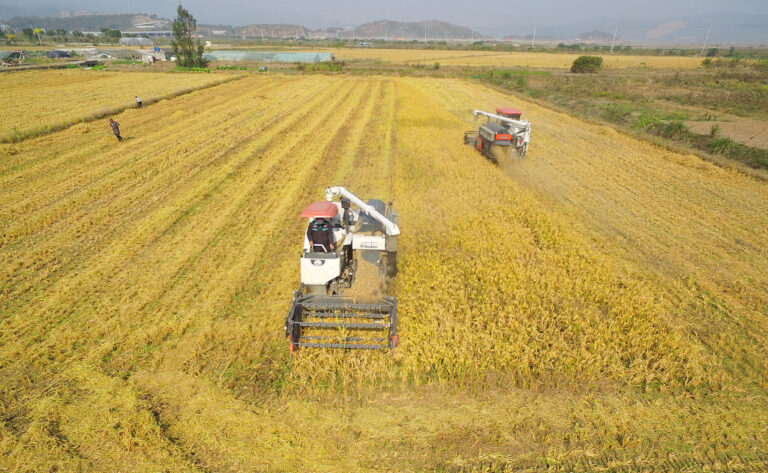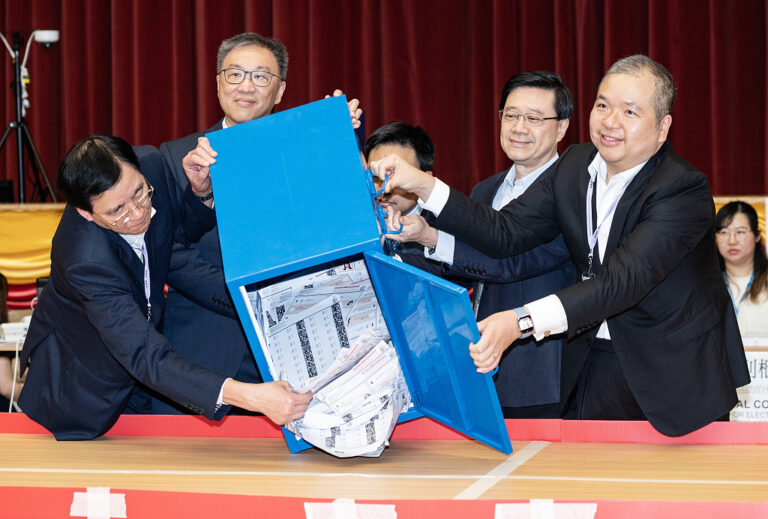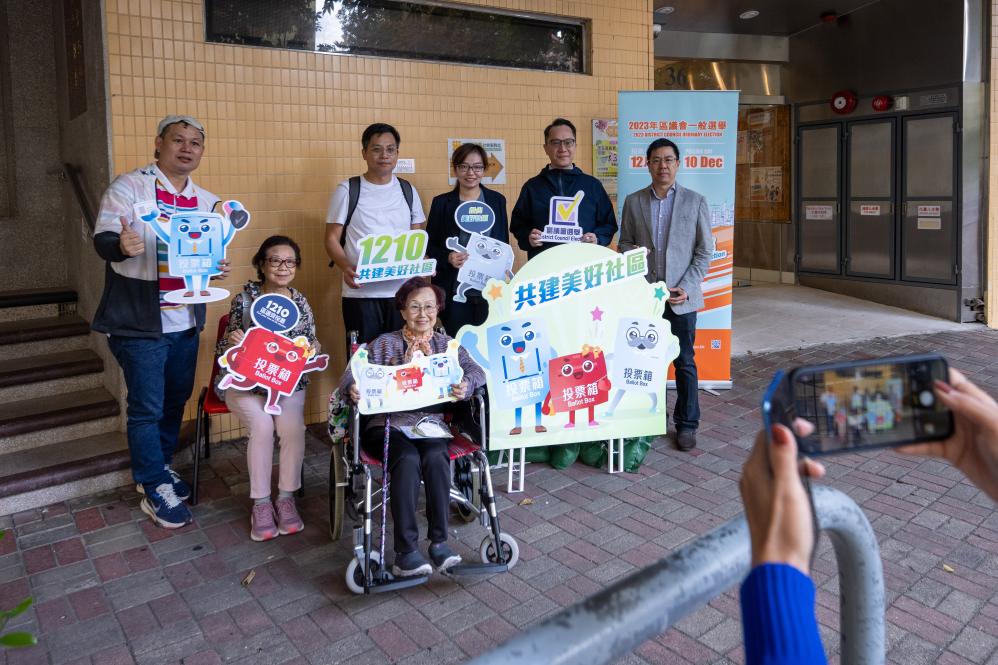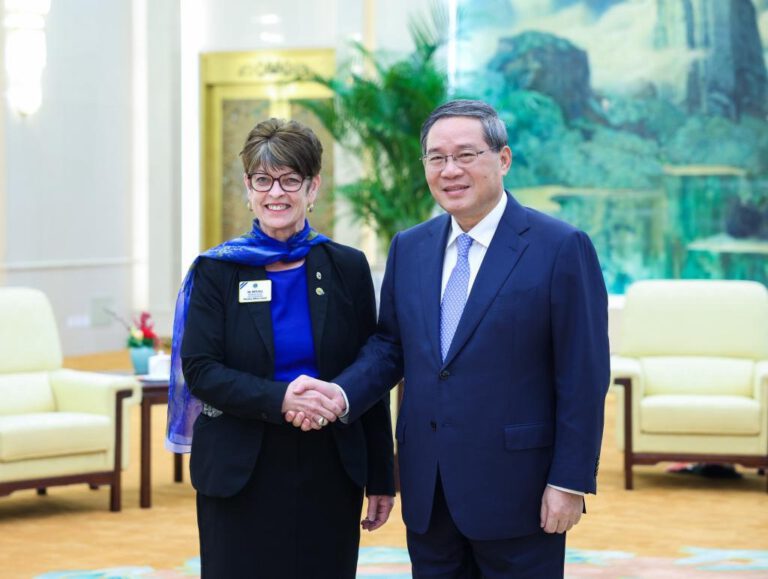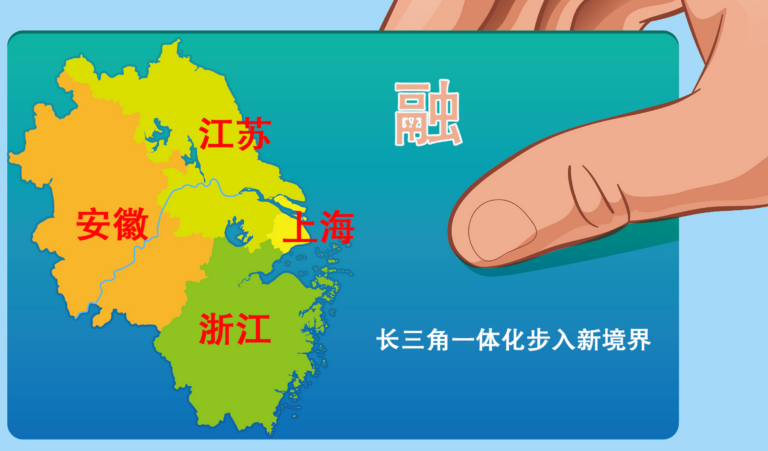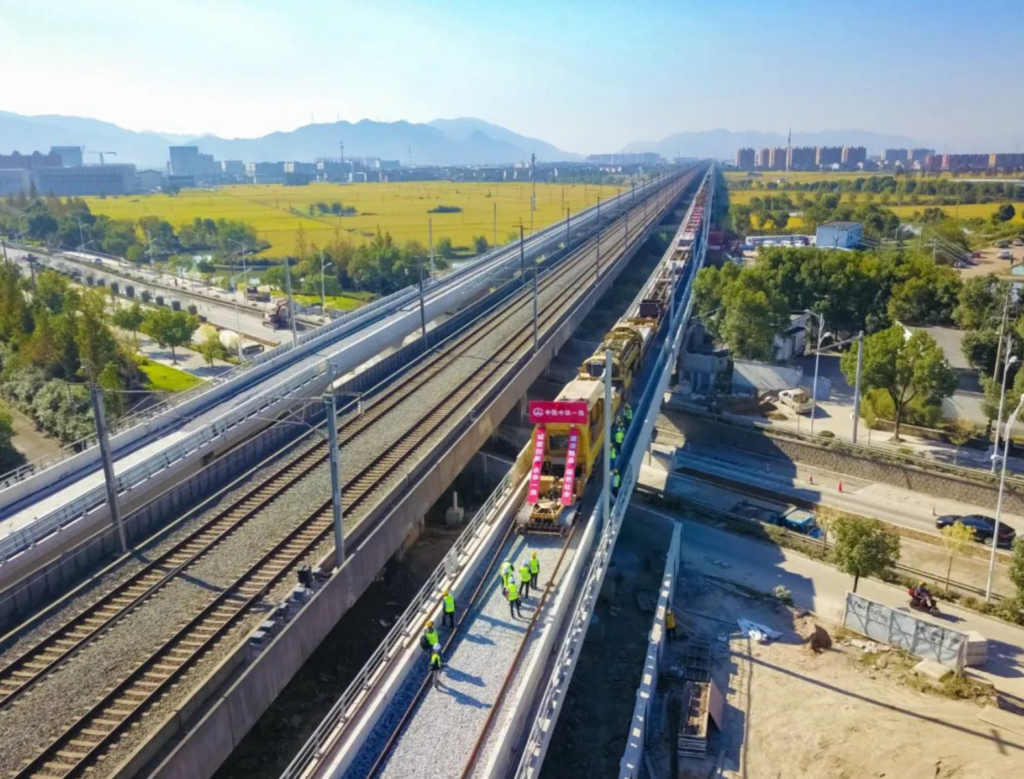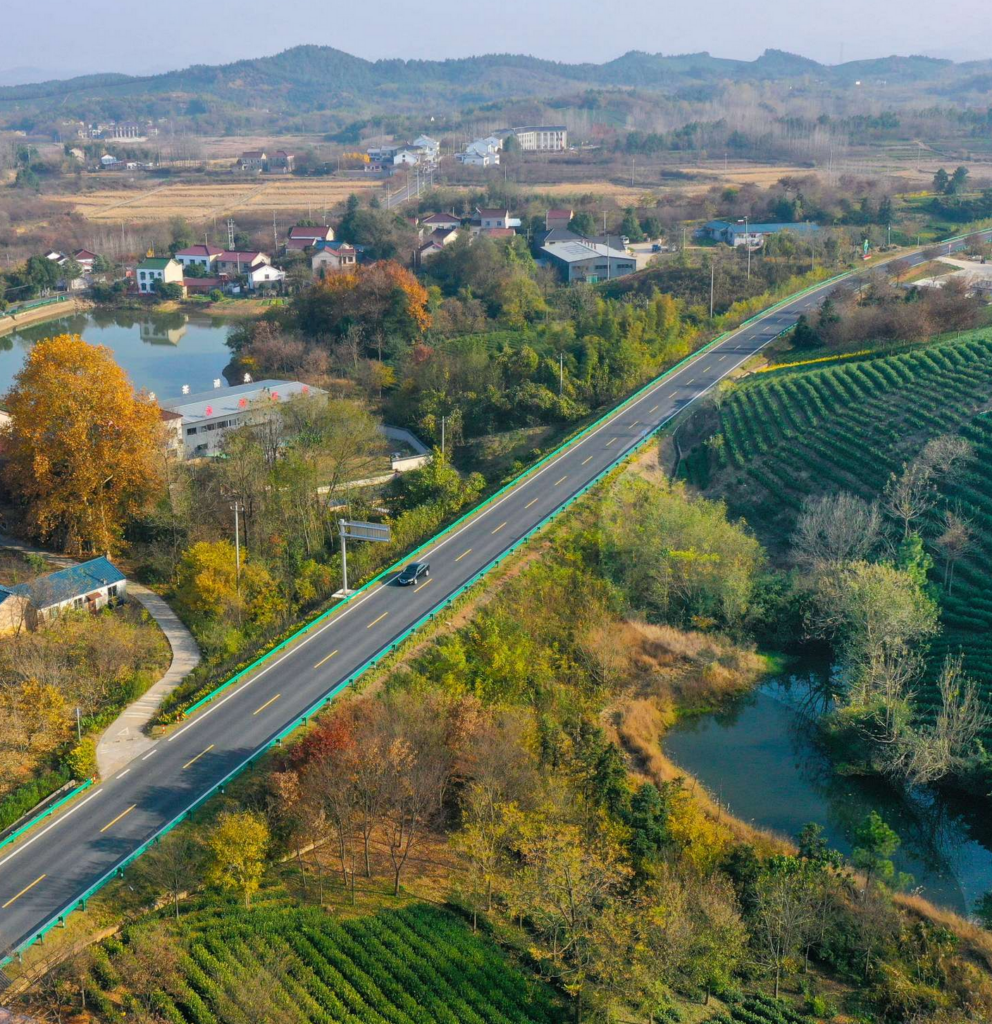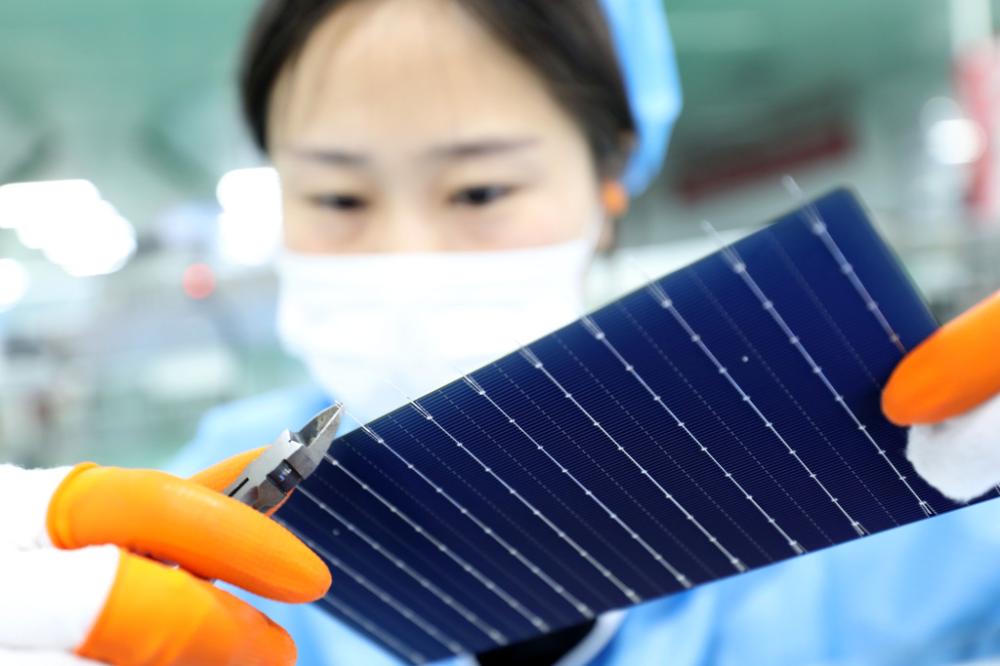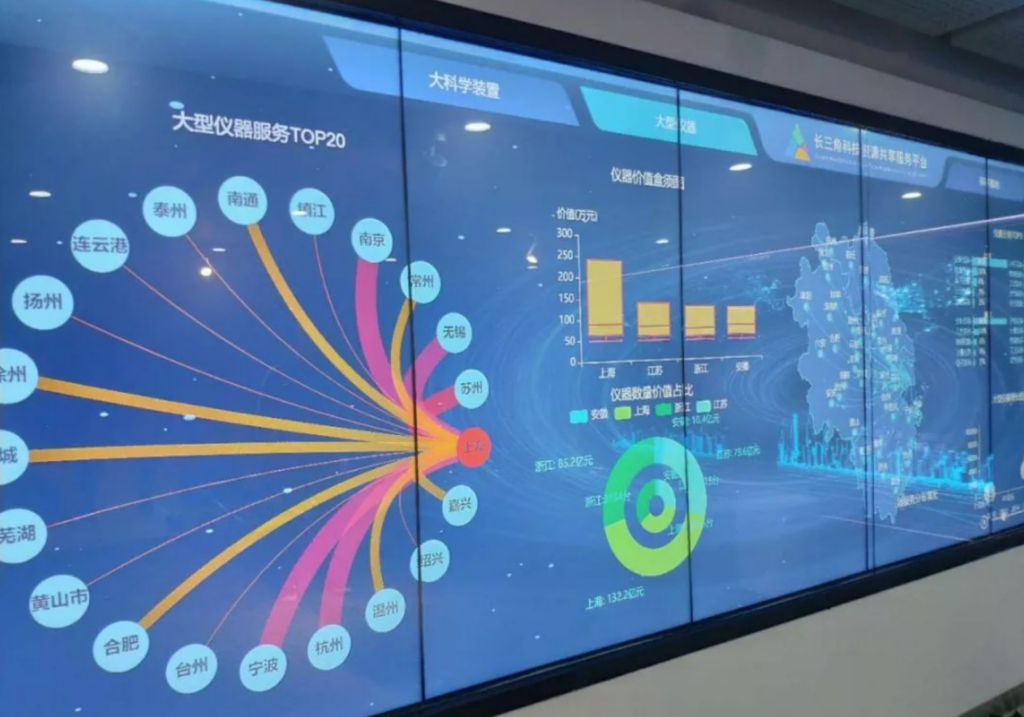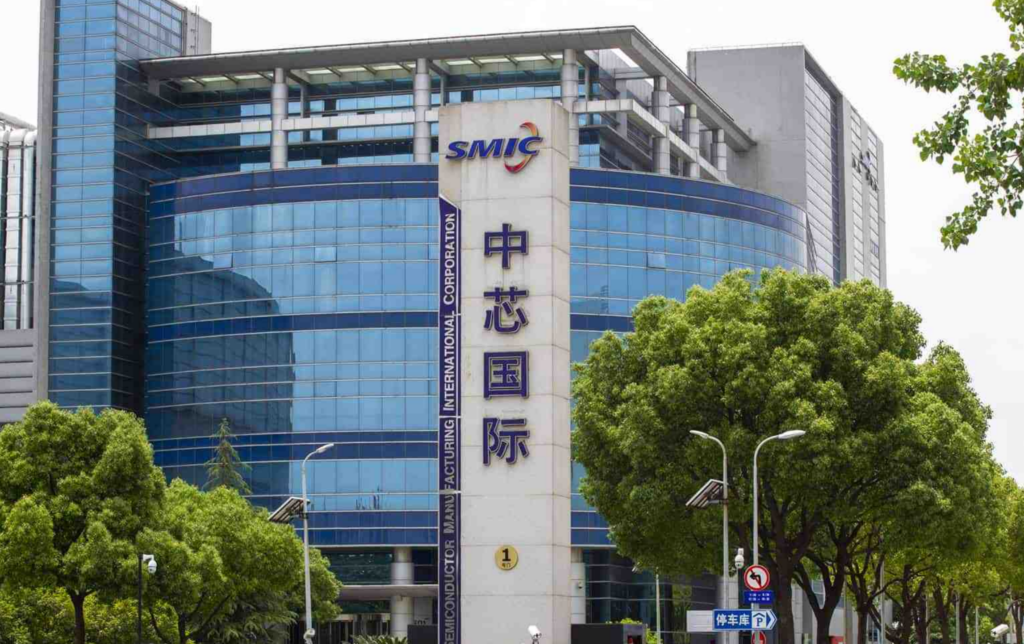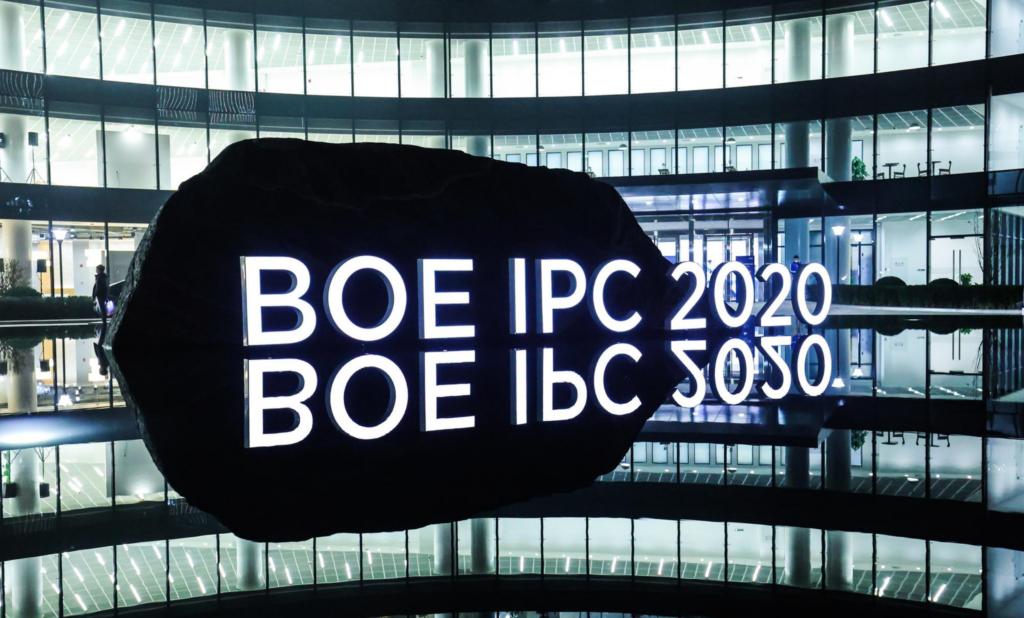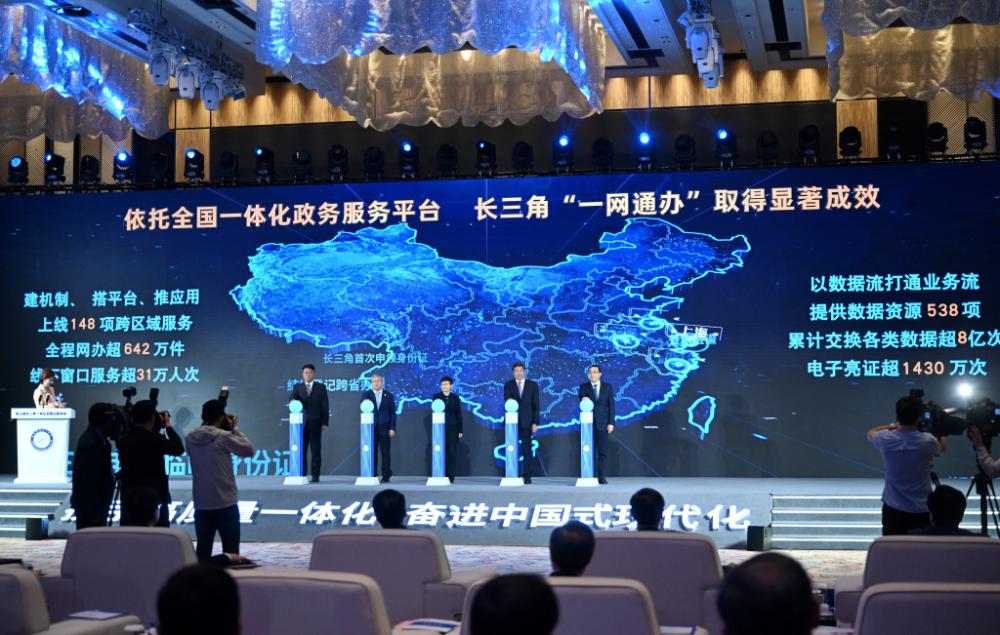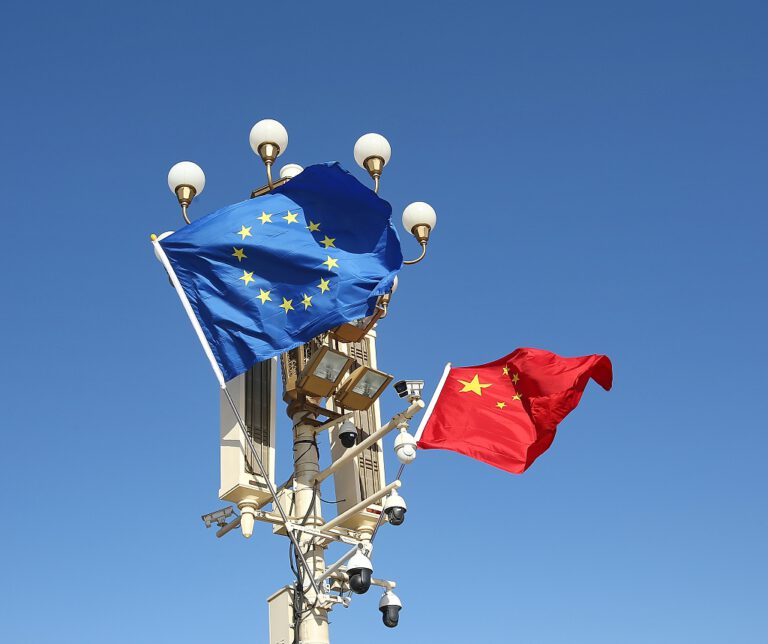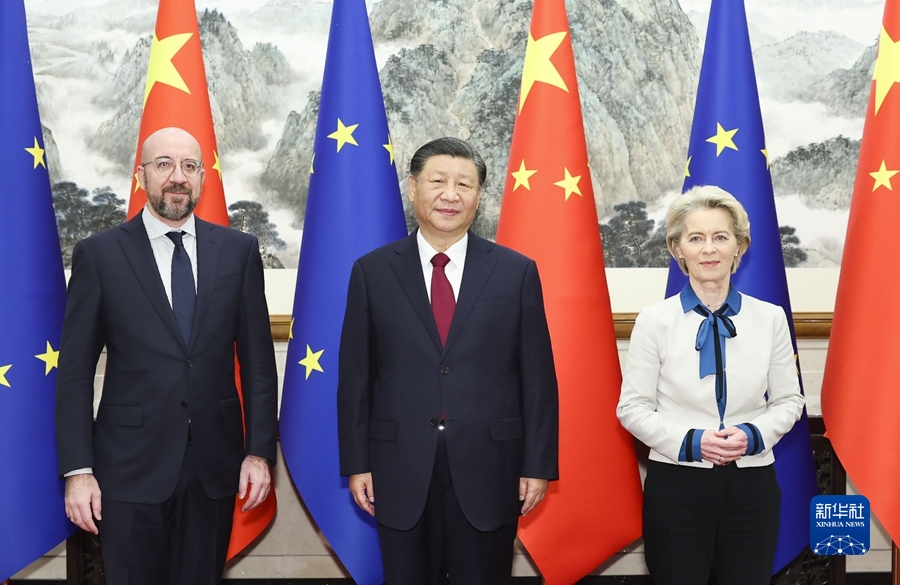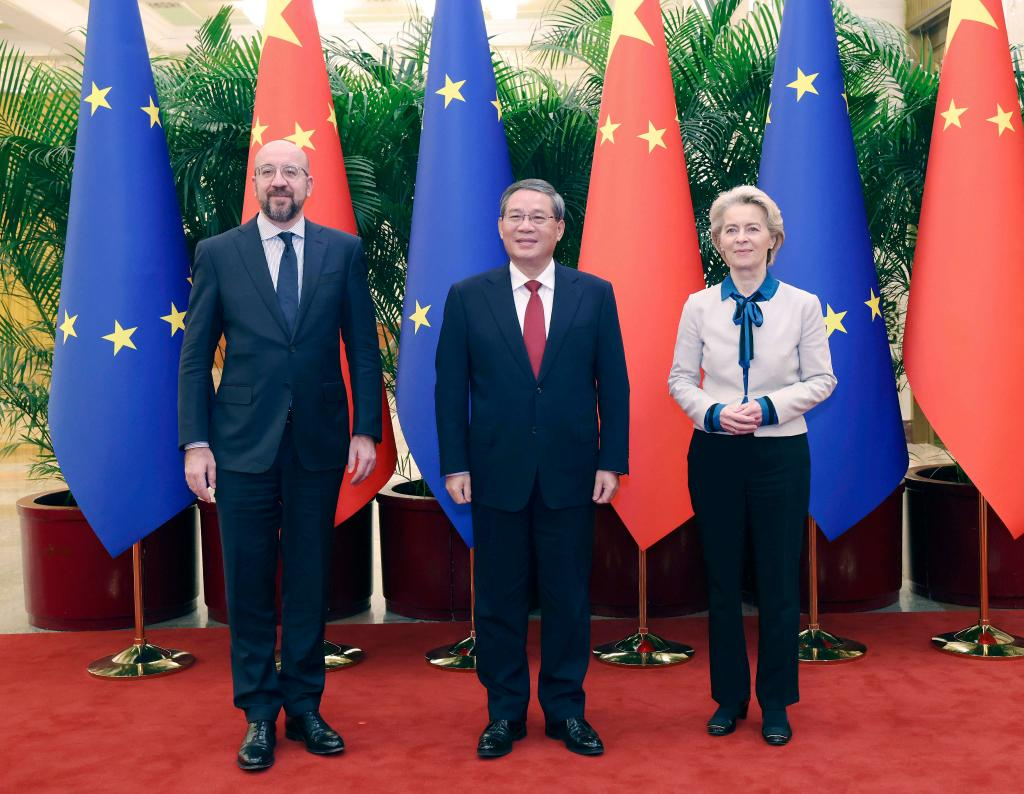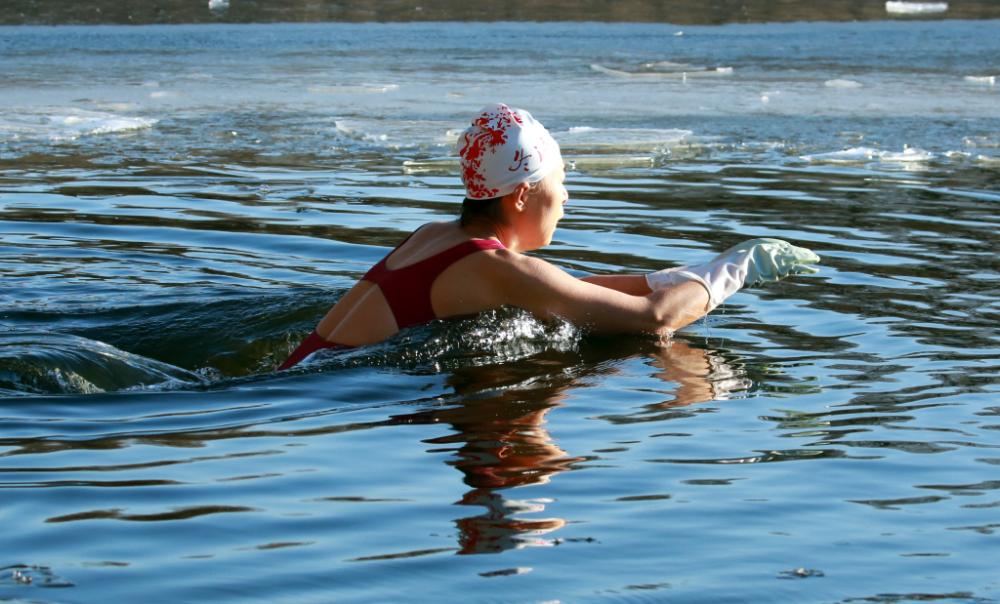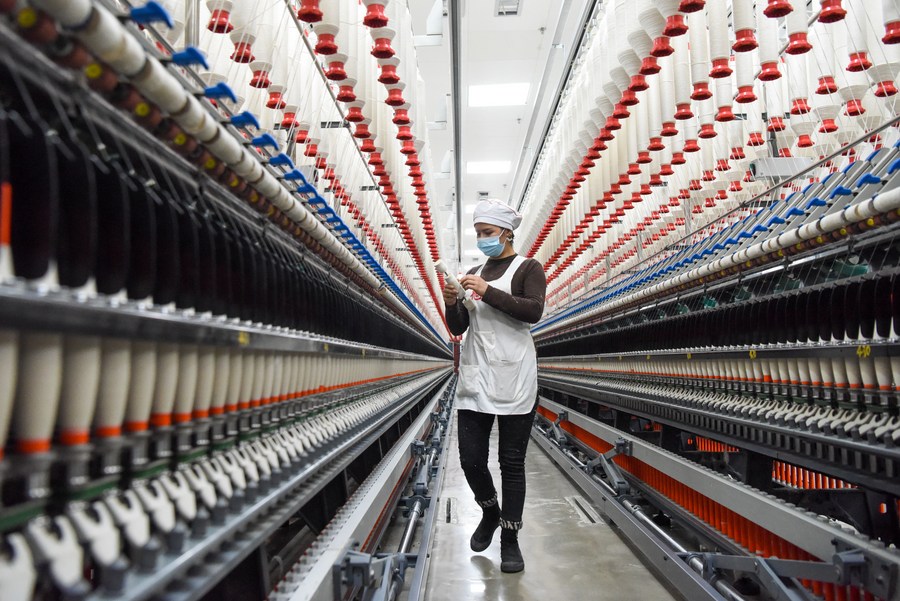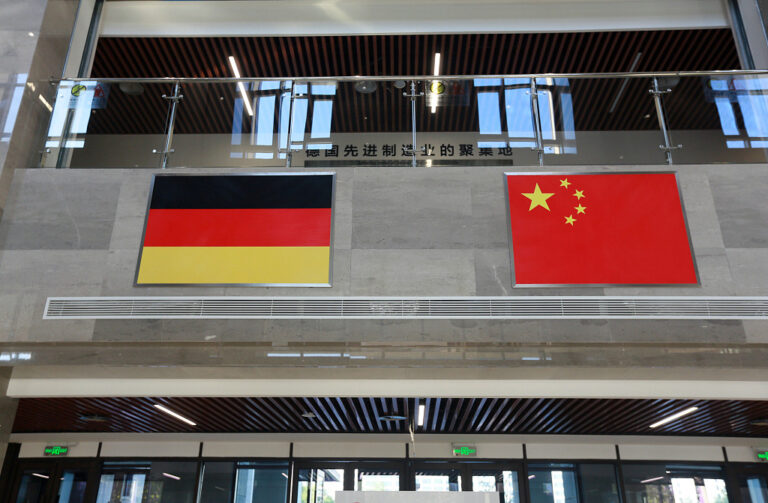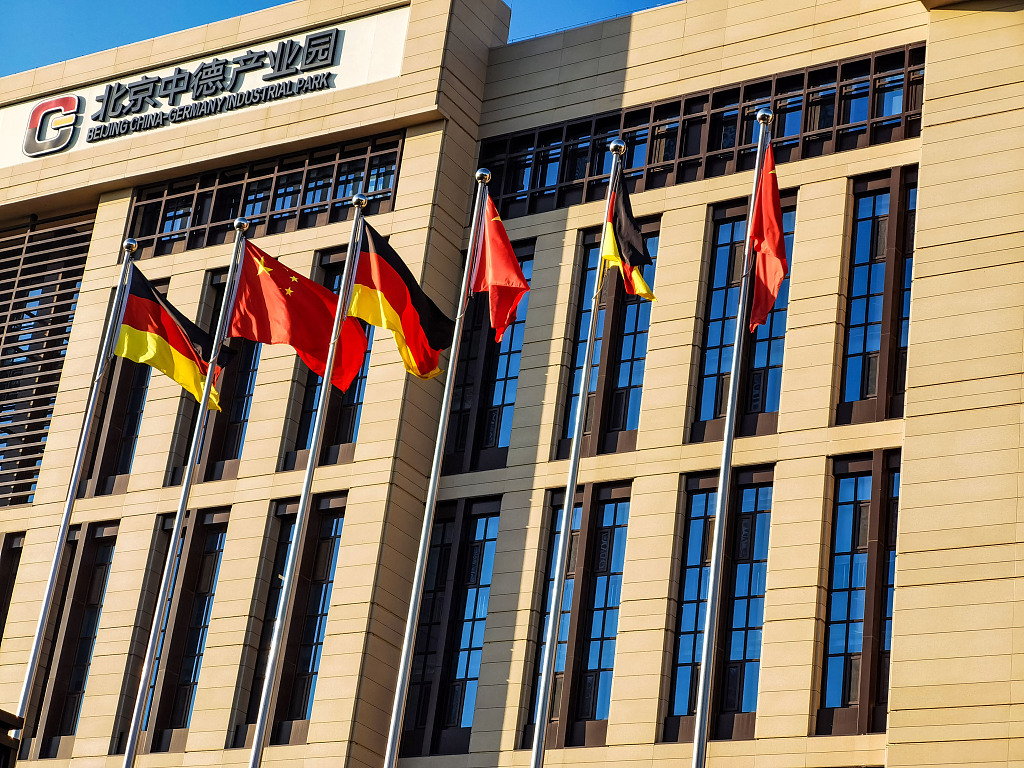„Daxue“, auf Deutsch etwa „Großer Schnee“, ist der 21. der 24 Jahresabschnitte des traditionellen chinesischen Mondkalenders und markiert auch die Mitte des Winters. In diesem Jahr beginnt „Daxue“ am 7. Dezember.
Im Vergleich zum „Kleinen Schnee“ fällt während des „Daxue“ nicht unbedingt mehr Schnee, aber die Wahrscheinlichkeit, dass es schneereiche Tage gibt, ist höher. Zum „Großen Schnee“ wird das Wetter immer kälter, das Wasser gefriert, Nordwind und Schnee sind sehr häufig, die meisten Tiere sind spurlos verschwunden und selbst das Zwitschern der Vögel auf den Ästen verstummt in diesem Jahresabschnitt.
Schnee wird von den meisten chinesischen Landwirten begrüßt, weil er die Pflanzen vor Kälteeinbrüchen schützen und das Land warm halten kann. Außerdem kann der geschmolzene Schnee im Frühjahr genügend Wasser für die Pflanzen liefern. Die Chinesen haben dafür sogar ein altes Sprichwort: „Der Schneefall der Saison verheißt ein fruchtbares Jahr“.
Aber Schnee kann nicht nur ein fruchtbares Jahr versprechen, sondern schafft auch eine malerische weiße Landschaft und bedeutet günstige Bedingungen zum Skifahren und Schlittschuhlaufen. Viele Menschen ziehen es vor, im Winter in die nordostchinesische Provinz Heilongjiang zu reisen, um die zahlreichen Attraktionen dort zu besuchen – Eisskulpturen, reizvolle Naturlandschaften und Skigebiete – oder machen einen Ausflug in das nördlichste Dorf Chinas, Mohe.
Gemäß den chinesischen Ernährungstraditionen für einzelne Jahresabschnitte pökeln und trocknen viele Familien während des „Daxue“ Fleisch, Geflügel und Fisch, um sich auf die Feierlichkeiten zum Frühlingsfest, also dem traditionellen chinesischen Neujahr, vorzubereiten, dem wichtigsten Fest Chinas. Das Fleisch wird mit anderen Zutaten gemischt und zu Würsten verarbeitet, zum Beispiel zu Speckwürsten, die in Südchina weit verbreitet sind.
Da die Temperaturen während des „Großen Schnees“ in den meisten Landesteilen erheblich sinken, sollten die Menschen nach chinesischer Auffassung zu dieser Zeit mehr Fleisch verzehren. Auch nach modernen Gesundheitsüberzeugungen ist der Verzehr von eiweiß- und vitaminreichen Lebensmitteln in den strengen Wintermonaten vorteilhaft, um das Immunsystem für den Winter zu stärken.
Experten empfehlen daher, Rind- und Lammfleisch in den täglichen Verzehr aufzunehmen, um so Erkältungen zu lindern und die Ernährung zu verbessern. Man sollte darüber hinaus auch mehr vitamin- und eiweißreiche Lebensmittel, wie Kohl, Tofu und Süßkartoffeln, essen.
Experten gehen davon aus, dass es in China seit jeher eine alte Tradition ist, schöne Schneelandschaften zu genießen. Im Altertum tranken die Menschen gerne Wein, während sie rieselnde Schneeflocken sowie die schneebedeckten Berge und Flüsse bewunderten.
Sie glaubten, dass zu jenem Zeitpunkt Mensch und Natur eins geworden seien. Viele alte Gedichte bringen diese Sublimierung der Gefühle zum Ausdruck. Aber auch das Lesen in verschneiten Nächten war für antike Literaten ein Vergnügen.
(Quelle: CRI Deutsch, VCG)



